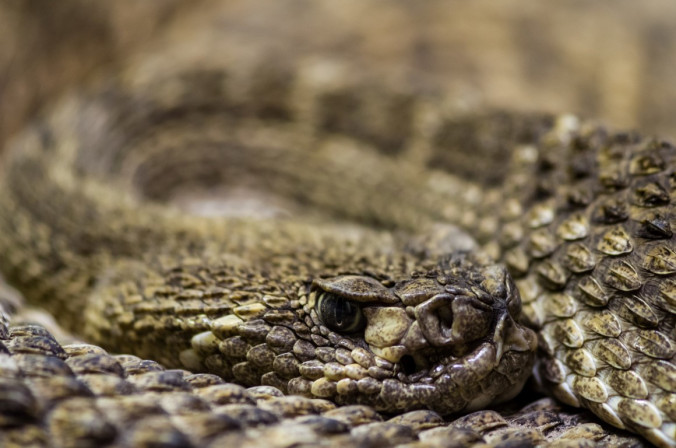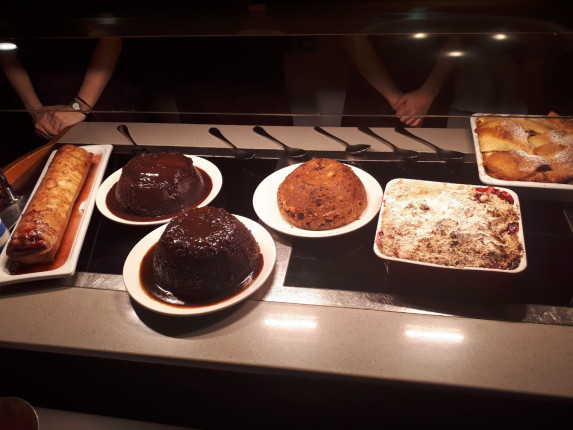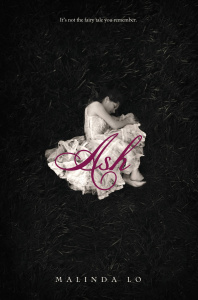 There was a little girl,
There was a little girl,
Who had a little curl,
Right in the middle of her forehead.
When she was good,
She was very good indeed,
But when she was bad she was horrid.
—There was a little girl by Henry Wadsworth Longfellow
My family loves a mean streak. We are as likely to applaud a villain as a hero, especially if he is clever. This characteristic was nurtured by the Texas culture we were born to. You don’t need to look much further than Texas politics to see this trait on exhibit. Many a powdered-faced grandmother who sits on her porch in Waco drinking sweet tea will cackle to see the local bake-off celebrity die from a rattlesnake bite. Little is more pleasing to a Texan than the mighty falling mightily from a high horse. The most seriously self-reflective southerner will offer circumspect advice along the lines of Yep, she bakes the sweetest sheet cake you ever tasted, but Lordy, don’t cross her. Her fury is like to singe the hair right off your head.
I can’t reasonably give all the credit to Texas for my family’s mean streak; its roots are as much nature as nurture. Texas may tolerate it, but we each own it.
My paternal grandfather suffered a significant stroke when I was relatively young. He didn’t recover full use of his left limbs and he struggled with speech thereafter. I realize my fear of him as a child is tainted in part by his disabilities. He was inclined to grunt coded orders to my grandmother and their secret language wasn’t something I witnessed often enough to crack. This idiosyncrasy only added further to the strangeness of the territory around them.
My grandparent’s home in west Texas had a large living room added at the back of the house where my grandfather spent much of his time in a chair watching tv. The path through the house to the back door and the yard went directly past him. Often, as I walked by, he would stretch out his long arm and pinch me sharply in any spot he could reach, all the time watching me over his glasses, smirking. His eyes and smile seemed to say, I may be in this chair, but I’m still in charge around here. It was a pinch that raised a welt and later, a bruise. I learned to stay out of his reach.
At the time, my grandfather’s ordinary meanness, coupled with my grandmother’s indulgence my father seemed like behaviors that might explain my father. I’m less certain of this in adulthood. I simply don’t know enough. I feel more compassionately toward my grandparents as pieces of their own stories have unfolded through my lifetime. Tales from their pasts reveal a pattern of disenfranchisement and unimaginable malice from their own families. My father’s story remains a puzzle whose pieces were swept into a bin long ago. The reasons for his mean streak will never have a satisfactory explanation.
The instruments of my father’s truculence were blunt. We saw and heard him coming, fists clenched, our names shouted in a cloud of invective. My mother, on the other hand, inherited a blade worn so slender with sharpening that you didn’t realize it had cut you until you felt feint at the sight of your intestines uncoiling around your feet. My maternal grandfather could enthrall you with the most astounding story while he nudged you toward the edge of a cliff. Even as you fell to your dusty death, you believed it was an accident.
My mother is the most talented liar I know. I confess that I’m not always sorry about this or my inheritance of some similar skill. Her facility for fiction kept my father’s rage at bay on occasions when it might otherwise have burned the whole house down with us inside.
Our family history is filled with entertaining incidents of my mother dodging the truth in order to save herself or us embarrassment. That time in the college apartment when she threw away a charred, brand new skillet because she was overwhelmed by imagining the effort cleaning it would entail. When a neighbor found it, shined it up, and mused to my mother that someone threw a perfectly good skillet into the garbage, my mother exclaimed, scandalized, “What kind of person would do such a thing?”
I can’t acknowledge my mother’s knack without further acknowledging that I am as likely a casualty of her gift as a beneficiary. In this context, the stories are less amusing. As is my own capacity for use of both the blunt and sharp instruments of personal justice.
The “J” figures prominently in my Myers-Briggs profile. Isn’t a mean streak born ultimately from being on the receiving end of judgment? We punish to exact retribution for our own shame, insecurity, doubts, or fears about our own general worthlessness. We lie to make ourselves feel less like frauds, because we want something to be true or because we don’t want something to be true. We arm ourselves with the blunt might of fists or a sword of severe words. We make a fortress of our bodies, hungering most for the thing we must also keep out, and humiliate others for holding it too closely.
The only reason to follow this mean inheritance into the past is to find compassion. There is in fact, comfort in an accounting, no matter how cold: This is where I came from and how I got here. None of us travelled this road without experiencing suffering or damage. Shrapnel is as likely to take the eye of the innocent as the guilty. And most of us are both.
Coming by this mean streak honestly doesn’t make me blameless or irredeemable. Cruelty is always about feeling unloved or undeserving of it. We resist only with kindness. It is a practice that requires at least one lifetime.
Advertisements Share this:




